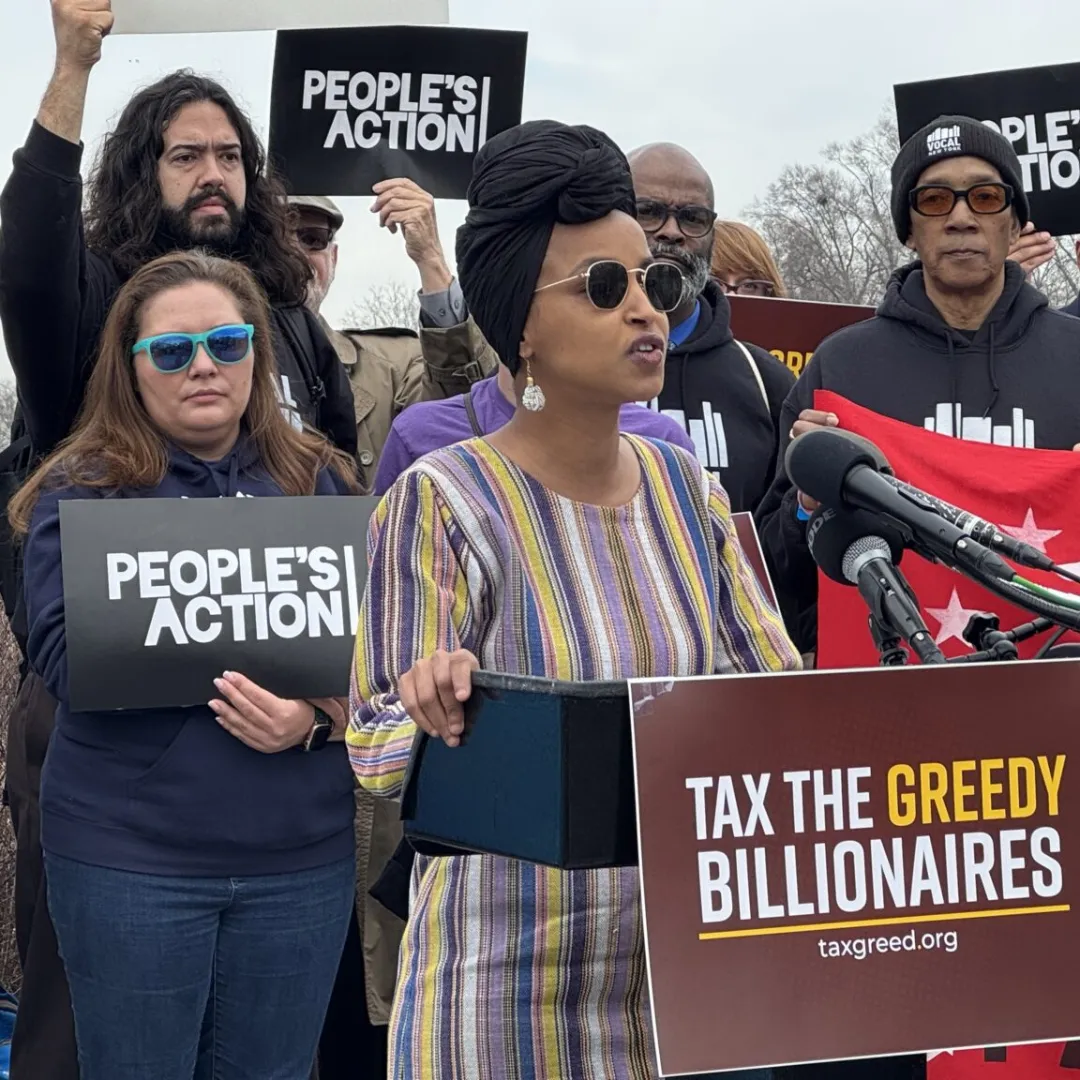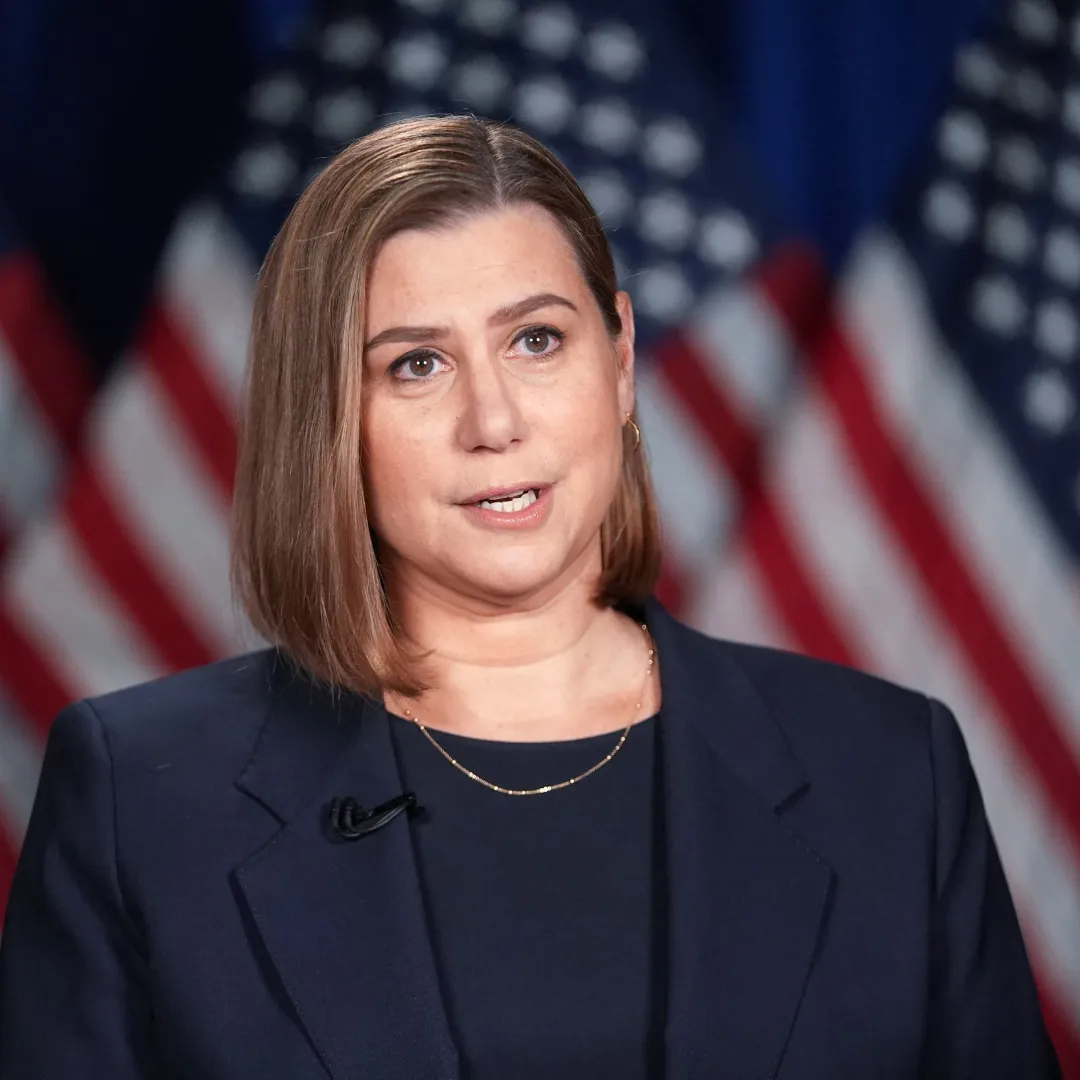A House Energy and Commerce Committee hearing on proposed Medicaid reforms descended into a tense and highly charged exchange Wednesday morning as Representative Alexandria Ocasio-Cortez fiercely challenged her Republican colleagues on whether the legislation under consideration would protect women who suffer miscarriages.
What began as a policy question quickly escalated into a bitter partisan spat, spotlighting not only the deeply polarized state of the committee but also the broader national debate over healthcare, reproductive rights, and political decorum.
The legislation in question seeks to revise Medicaid eligibility requirements, including exemptions from work obligations for patients who are pregnant or receiving postpartum care.
But the bill, as currently written, does not clarify whether women who experience miscarriages would also be covered by those same protections. That ambiguity drew a pointed and emotional inquiry from Ocasio-Cortez, who sought to press Republican lawmakers on the specifics of their policy.
As she attempted to pose her question, she was abruptly interrupted.
Representative Randy Weber of Texas cut into her remarks, accusing her of speaking to the camera instead of directly addressing the panel. “I just want to make the point that we’d like for you to address the Republicans and let’s have a dialogue this way and not to a camera,” Weber stated, quickly yielding back without allowing her to continue.
The interruption ignited an immediate reaction from Ocasio-Cortez, who attempted to finish her question regarding miscarriage exemptions but was quickly and forcefully silenced by panel chair Representative Buddy Carter of Georgia.

“But I’m asking the … what about a miscarriage?” she said, raising her voice over the procedural noise.
Carter responded sharply, repeating, “The gentleman yields back. The lady is out of order. The gentleman yields back.”
Undeterred, Ocasio-Cortez returned to the microphone moments later and launched into a passionate defense—not only of her line of questioning but also of her right to look into the hearing’s broadcast camera, which had been the subject of Republican complaints.
Smiling briefly toward the camera, she directed her comments to the American public.
“There are 13.7 million Americans on the other side of that screen there. Hello, hello. I’m talking to you because I work for you,” she said.
“They deserve to see what is happening here because there are plenty of districts, including Republican ones, where 25 percent of your constituents are on Medicaid, 40 percent of your constituents are on Medicaid.”
As Ocasio-Cortez made her case, another committee member attempted to cut in with the standard request, “Will the gentlelady yield?” She swiftly declined.
“I will not yield because it was a terribly disrespectful comment, and I will not yield to disrespectful men,” she declared, her voice rising in defiance.
The heated moment drew reactions from both sides of the aisle. While some Republicans on the panel appeared agitated by Ocasio-Cortez’s assertiveness and continued engagement with the camera, Democrats rushed to her defense.
Representative Yvette Clarke of New York weighed in forcefully, arguing that no member of the committee had the authority to dictate where another representative looked during their remarks.
“When the gentlelady from New York looks at the screen — if she wants to check her hair, she wants to say anything she wants to to that screen — she has the right to do so,” Clarke said, rejecting the Republican criticism as unfounded.
“There’s not a member on this panel that can tell another member where to look, who to look at and where they want to look.”
The clash reflects the deepening rift in Congress over health care policy, particularly around Medicaid and reproductive health.
The bill being debated has raised alarms among Democrats who fear it could restrict access to vital services for vulnerable populations, especially women dealing with complex and traumatic medical experiences like miscarriage.
Ocasio-Cortez’s challenge appeared to target the absence of specific protections in the legislation for women who lose pregnancies, a gap she framed as both a moral failure and a legal oversight.
Her confrontation with Carter and Weber was not simply about camera etiquette or House procedure. It was about who gets to frame the terms of debate and who controls the narrative surrounding health care for millions of Americans.
For Ocasio-Cortez, the question of Medicaid access is inseparable from broader concerns about how women—especially low-income women—are treated in the healthcare system and by the politicians who claim to represent them.
The exchange also underscored a growing frustration among progressive lawmakers, many of whom have felt boxed out of legislative negotiations and stifled during committee proceedings.
Ocasio-Cortez’s refusal to yield, and her insistence on speaking directly to constituents watching at home, was a deliberate act of defiance, one that sent a clear message about accountability and transparency.
Republicans, meanwhile, have continued to push back against accusations that the bill is hostile to women’s health. They argue that the measure expands flexibility and ensures responsible stewardship of taxpayer funds.
Yet the failure to explicitly include miscarriage in the list of exemptions has left room for political fire and suspicion, especially as the country remains deeply divided over reproductive rights in the wake of Roe v. Wade’s overturning.
The broader political context is also significant. With Medicaid enrollment at an all-time high due to pandemic-era expansions, and many states rolling back coverage as those temporary provisions expire, the debate over who qualifies—and under what conditions—has become more urgent than ever.
Work requirements, in particular, have long been a flashpoint, with critics arguing they disproportionately harm women, people of color, and individuals in precarious employment situations.
For Democrats like Ocasio-Cortez, the issue is not just legislative—it’s existential. The fight over Medicaid is a fight over whether government serves the most vulnerable or only the most powerful.

And when silence or ambiguity surrounds issues like miscarriage—a physically and emotionally devastating experience for millions of women—it becomes not only a policy failure but a human one.
As the hearing concluded, tensions remained high. Neither side appeared willing to concede ground, and the committee adjourned without resolving the question of miscarriage exemptions.
But for many watching, the confrontation revealed more than just procedural gridlock. It exposed a fundamental clash of values: between control and empathy, between technicalities and lived experience, between silencing and speaking out.
In refusing to yield, and in speaking directly to the camera, Ocasio-Cortez made it clear that the real audience wasn’t just the men across the table—but the people on the other side of the screen, waiting to see if their stories, their struggles, and their rights would be heard.





